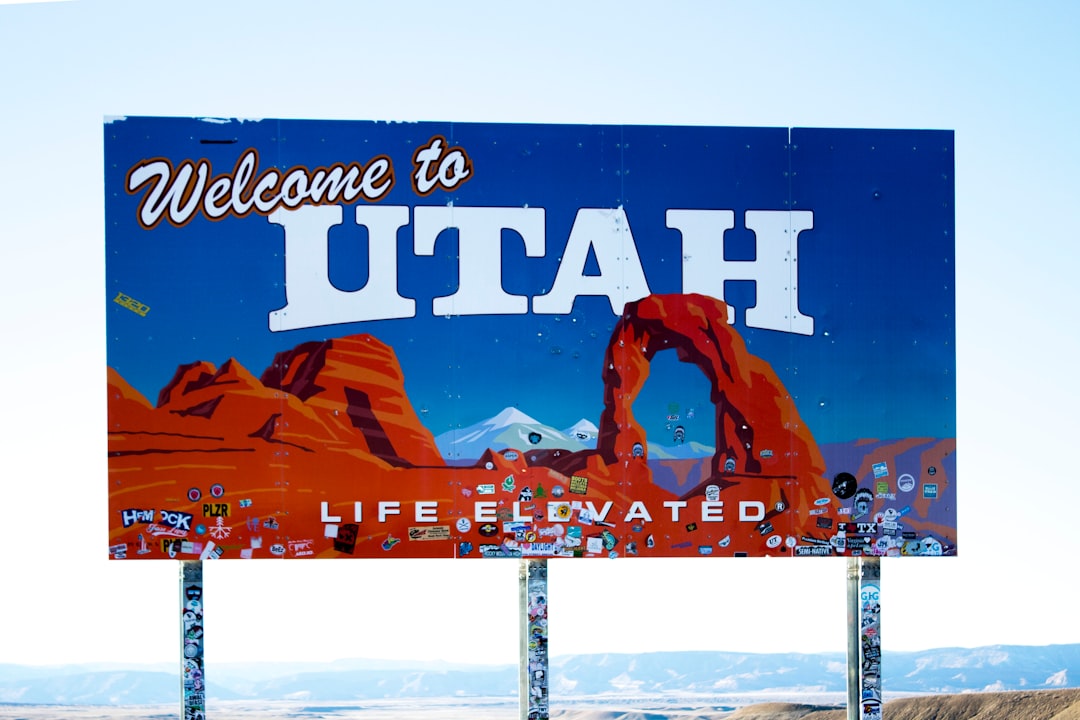Utah's "Do Not Call" law, enforced by the Attorney General's Office, protects residents from unwanted telemarketing calls by allowing them to register on a state-managed list. The AG's office investigates complaints, issues cease-and-desist orders, and takes legal action against violators, collaborating with the Utah Public Service Commission to monitor compliance. This proactive enforcement significantly reduces nuisance calls, enhancing residents' privacy and telemarketing practices, especially from out-of-state sources. The program ensures Utahns can control their communication preferences and enjoy their right to silence.
In Utah, the Attorney General plays a pivotal role in enforcing the state’s stringent Do Not Call laws, designed to protect residents from relentless telemarketing. This article delves into the crucial responsibilities of the Utah Do Not Call attorney general, exploring how they safeguard consumers’ rights and manage violations. We analyze the impact and effectiveness of this program, highlighting its contribution to fostering a peaceful and less disruptive telephone environment for Utahns. Understanding these mechanisms is key to appreciating the significance of the Do not call attorney Utah.
Understanding Utah's Do Not Call Law

In Utah, the “Do Not Call” law is a consumer protection measure designed to curb unwanted telemarketing calls. This legislation empowers residents to register their phone numbers on a state-managed list, effectively blocking commercial calls from participating in unsolicited contact. The primary goal is to give Utahns control over how they receive marketing messages, ensuring peace of mind and reducing nuisance calls.
The law is enforced by the Attorney General’s Office, which plays a pivotal role in monitoring compliance and investigating complaints. A ‘Do Not Call’ attorney in Utah, typically within the Attorney General’s department, oversees these efforts. They ensure that businesses adhere to the state’s regulations, take action against violators, and educate consumers about their rights under this law.
The Attorney General's Enforcement Role

The Attorney General of Utah plays a pivotal role in enforcing the state’s “Do Not Call” registry, ensuring that residents’ privacy is respected and unwanted telemarketing calls are curtailed. As the primary legal officer for the state, they have the authority to take action against companies or individuals who ignore the registered preferences of Utahns. This involves investigating complaints, issuing cease-and-desist orders, and pursuing legal actions against violators.
In collaboration with the Utah Public Service Commission, the Attorney General’s office actively monitors compliance, conducting regular audits and assessments to identify and penalize offenders. Their enforcement efforts not only protect citizens from intrusive phone marketing but also uphold the integrity of Utah’s consumer protection laws, making it a significant safeguard in the digital age where such unwanted calls can proliferate easily.
Responsibilities and Authorities

The Utah Attorney General plays a pivotal role in enforcing the state’s “Do Not Call” registry, ensuring that residents’ privacy is protected from unwanted telemarketing calls. Their primary responsibilities include overseeing the implementation and compliance with Utah’s Telemarketing Laws, which regulate commercial phone solicitation activities. The Attorney General has the authority to investigate complaints, issue cease-and-desist letters, and take legal action against violators who ignore the “Do Not Call” status of registered Utah residents.
They work closely with the Utah Public Service Commission (PSC) to enforce these regulations, ensuring that businesses adhere to the state’s guidelines. This collaborative effort allows for a robust system where consumers can control their communication preferences and seek legal redress if their rights are infringed upon by persistent or unauthorized telemarketing calls. The Attorney General’s office serves as a key guardian of Utah residents’ peace of mind in an era dominated by frequent unsolicited phone communications, particularly from out-of-state or international sources seeking to profit from direct marketing.
Impact and Effectiveness of the Program

The Do Not Call program in Utah, enforced by the Attorney General’s office, has had a significant impact on residents’ privacy and telemarketing practices. Since its implementation, there has been a notable reduction in unsolicited phone calls, providing Utahns with much-needed respite from unwanted marketing calls. This initiative ensures that citizens can enjoy their right to silence, allowing them to make choices about when and how they engage with external communications.
The program’s effectiveness lies in its ability to set clear boundaries and hold telemarketers accountable. The Attorney General’s office actively investigates complaints, issuing cease-and-desist letters and taking legal action against persistent violators. This robust enforcement deters unscrupulous call centers from targeting Utah residents, fostering a safer and less intrusive telecommunications environment.






